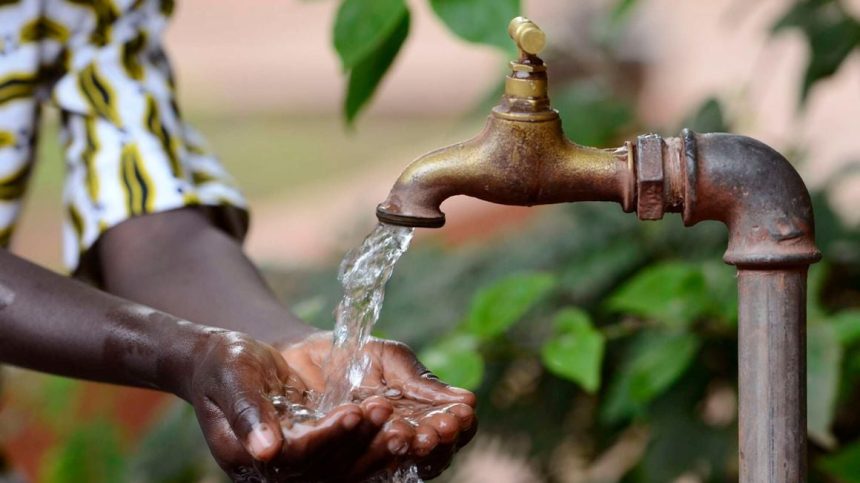The High Court has temporarily suspended water levies rolled out three months ago following an upward revision of the resource use charges by more than 500 percent.
Justice Mugure Thande put on hold the Water Resources Regulations 2021, pending the determination of a petition filed by four lobby groups and five persons, who argued that water is a necessity to sustain animal and plant life besides enabling human dignity that good sanitation entails.
Kenya Water and Sanitation Civil Society Network, Mount Kenya Ewaso Water Partnership, Likii Water Resources Users Association and Likiundu Water Resources Users Association, among others, challenged the legality of the water use charges, which came into force on March 1, 2023.
Based on the new levies, the charges rose from 50 cents to Sh5 per cubic metre of water distributed to consumers by the Water Resources Users Associations for domestic, public and livestock purposes.
“An order of stay be and is hereby issued staying the implementation of the Water Use Charges, set out in Part B of the second schedule of the Water Resources Regulations, 2021,” Justice Thande said.
According to the petitioners, the increase in consumer bills adds to Kenyans’ suffering and could disrupt irrigation and other socio-economic activities.
“The water use charges set out in Part B of the Second Schedule of the Water Resources Regulations, 2021 are so exorbitant and unaffordable on account of increments of between 200 percent and 500 percent that they amount to an apparent violation of the rights of the petitioners and other Kenyans to clean and safe water in adequate quantities protected by Article 43(1)(d) of the Constitution,” their lawyer, Kibe Mungai, told the court.
They said the government’s decision on the new levies was based on advice from the World Bank on the commercialisation of water and sanitation services.
Mr Mungai added that the Constitution envisages that the government will implement policies in the water sector that protects, promotes and fulfil the right of the Kenyans to clean and safe water in adequate quantities.
“Notwithstanding the fact that provision of water and sanitation are devolved functions, the Water Act, 2016 and the Regulations made thereunder allocate a nominal role and participation to the County Governments, which effectively strips the petitioners and the general public of institutional safeguards in the regulation, provision and management of water resources,” he said.
The court directed him to serve the petition upon Water Cabinet Secretary Alice Wahome, the Attorney General and the Water Resources Authority.
The matter will be mentioned on July 6 for highlighting of submissions.




